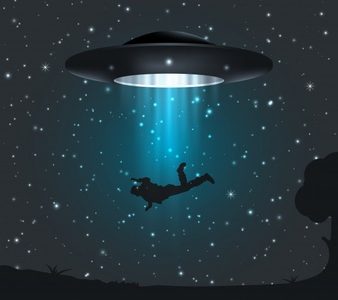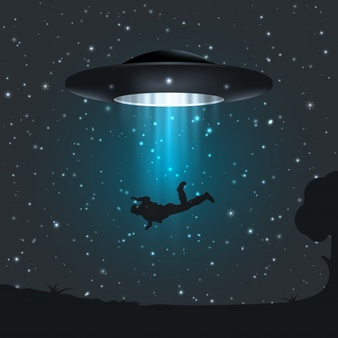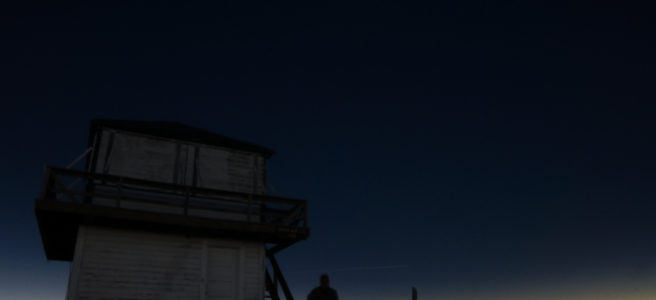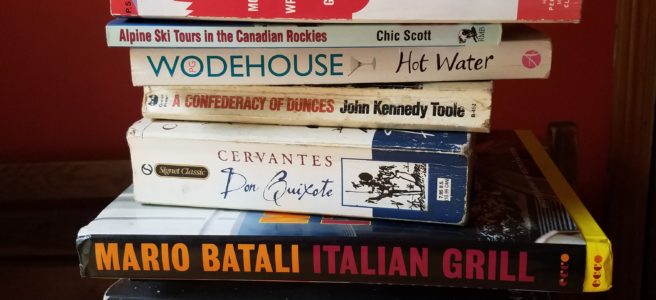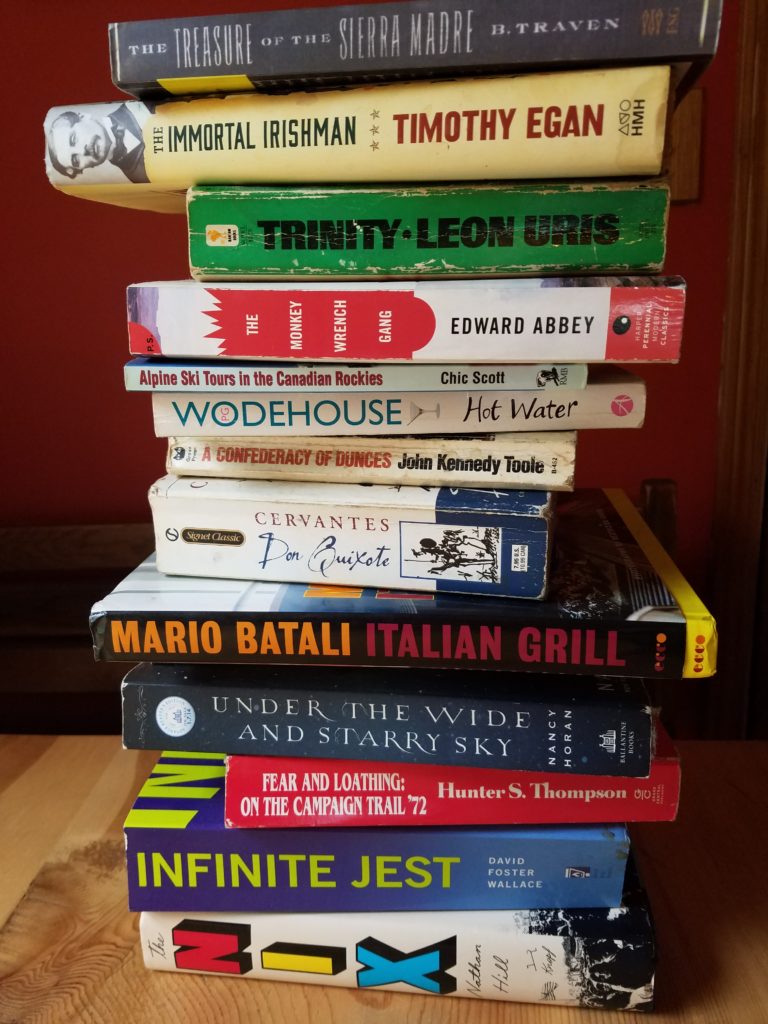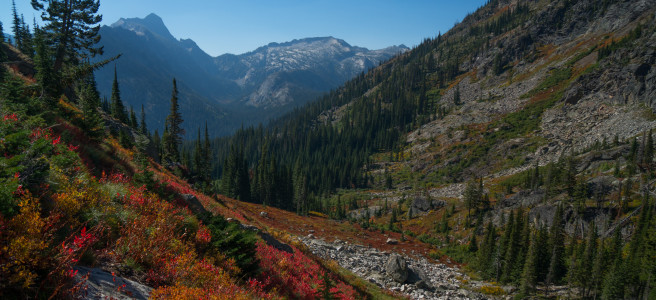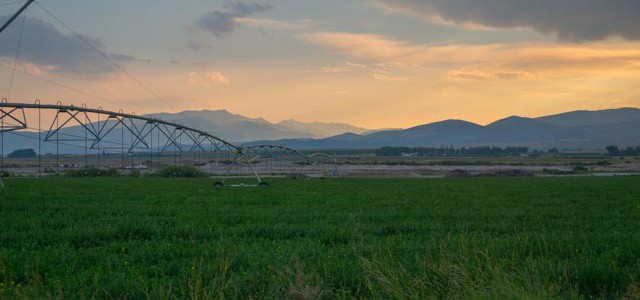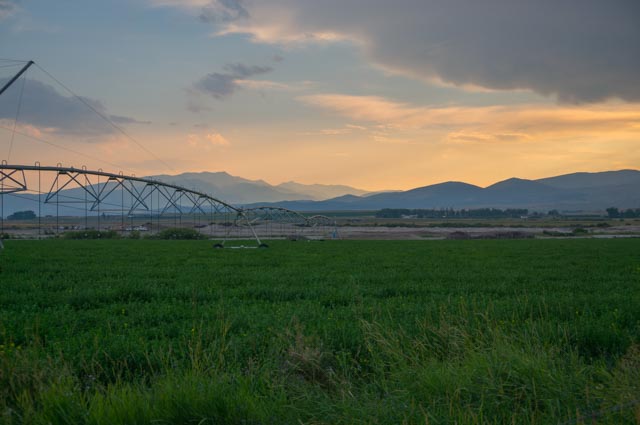It was dark in the boy’s room and, as sometimes happens with children of his age, he was afraid. In the daytime his second floor bedroom looked out across a swingset and a little pond where ducks sometimes landed and a few acres of sugarcane and beans before the briary swamp consumed the short hills and swales just past the pump house by the fence.
In the daytime he crawled through the brambles and played Nazis-and-good-guys. He made rifles from broken off branches and stormed Normandy Beach and sometimes when he was bored of war went fishing for bluegills in the little pond. His mother called for him, eventually, to come in, to wash up, to eat supper, and when the sun went down they sat together on the couch to watch movies.
His father sat in an easy chair in the corner and picked through a small cup of pistachios and almonds and licked beer from his mustache and the boy sprawled across the couch in a cocoon of old fleece blankets, his head on his mother’s lap. Wide eyed, together, they caught up on the classics. The Hitchcocks, the Lugosis, the grainy black-and-whites from when the moon was just beyond our fingertips and spacemen were maybe just real enough to scare. They watched a story from a faraway place each night and went upstairs to bed.
And in the darkness the boy’s window didn’t overlook anything at all. Across the marshes there were no streetlights. On moonless nights the blanket of mist that crept across the pond could not be seen. Through his window at night it was wholly dark except for the distant stars and planets and spacemen and monsters. Like is normal for a boy he was afraid.
His father heard him cry sometimes and sat with him in bed. What’s wrong, his father asked, and the boy told him that he was afraid of spacemen coming for him. Of taking him away from the little wooden house and the thickety woods and the pond, from his mother and his father.
The boy asked if his father was afraid, and he said that he was not. He said that as far as he has heard the spacemen never steal a person. They always ask, invite a person to go with them to space. He said that if the spacemen come it won’t be scary. The boy listened and thought for a while.
He asked his father if the spacemen came for him, would he go. The older man thought and said finally that he would. To fly through the stars and the planets? To experience the universe? To see things no human ever has or will again? Fuck yeah, he would go, he said after thinking for a moment with his words. How could he not?
At a fire by the pond the boy told us the story and we laughed. He sipped his beer and drew from a cigarette, and his face settled into the creases of an easy smile. You know of course the spacemen never came. The boy’s father came back from the shed with more wood for the fire and we saw him there and laughed again, and the boy’s smile loosened and it could have been the smoke but his eyes were a little bit wet.
Like

